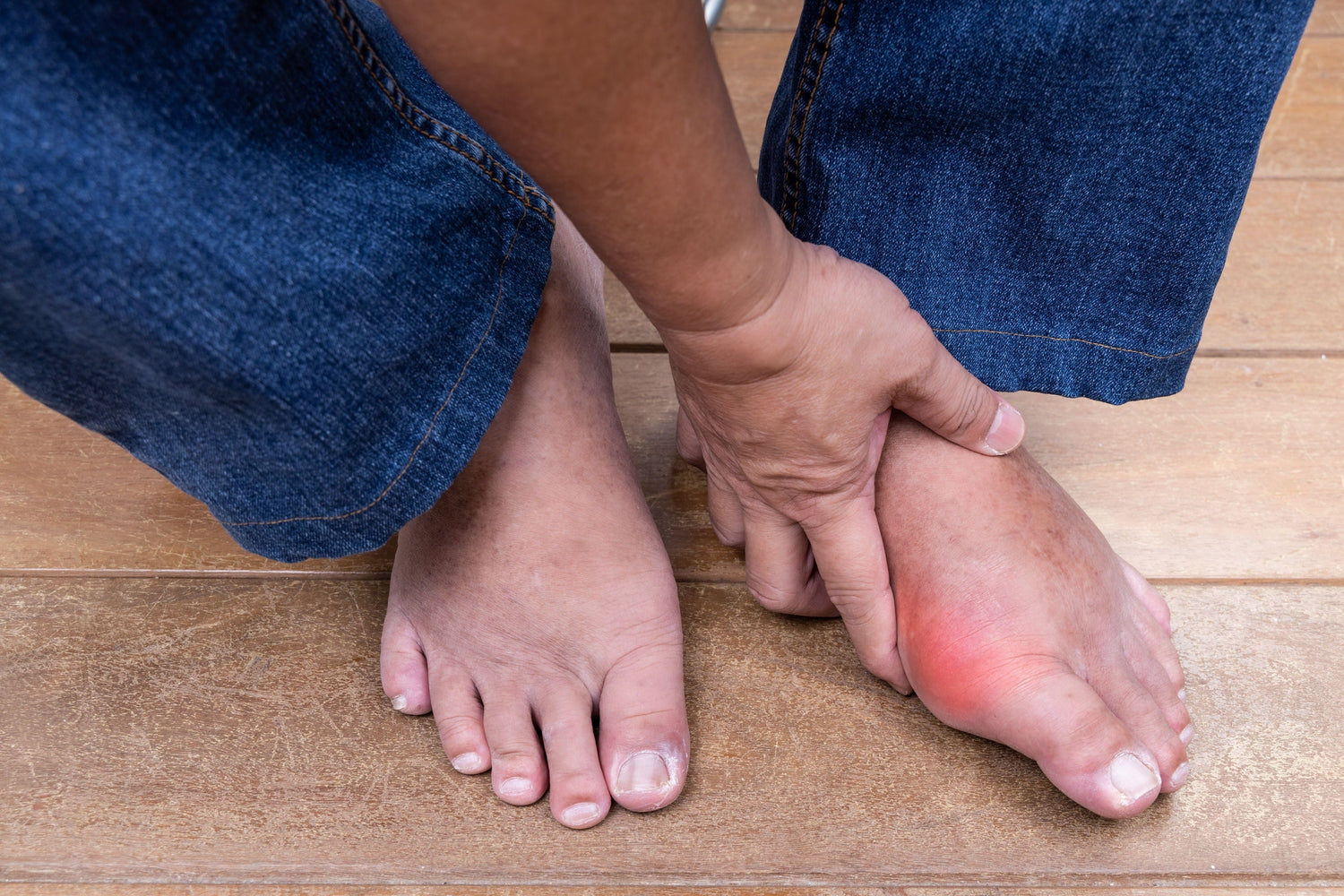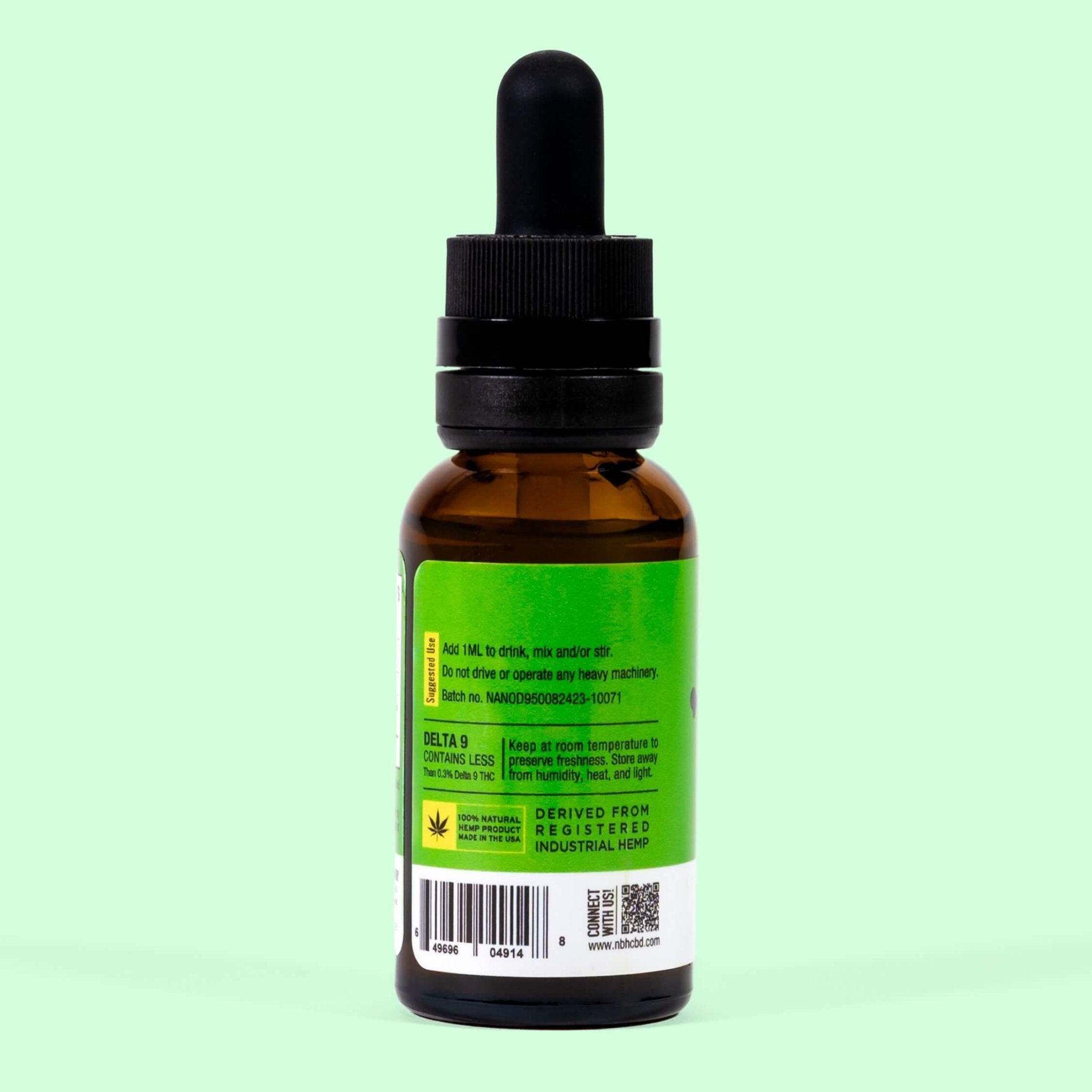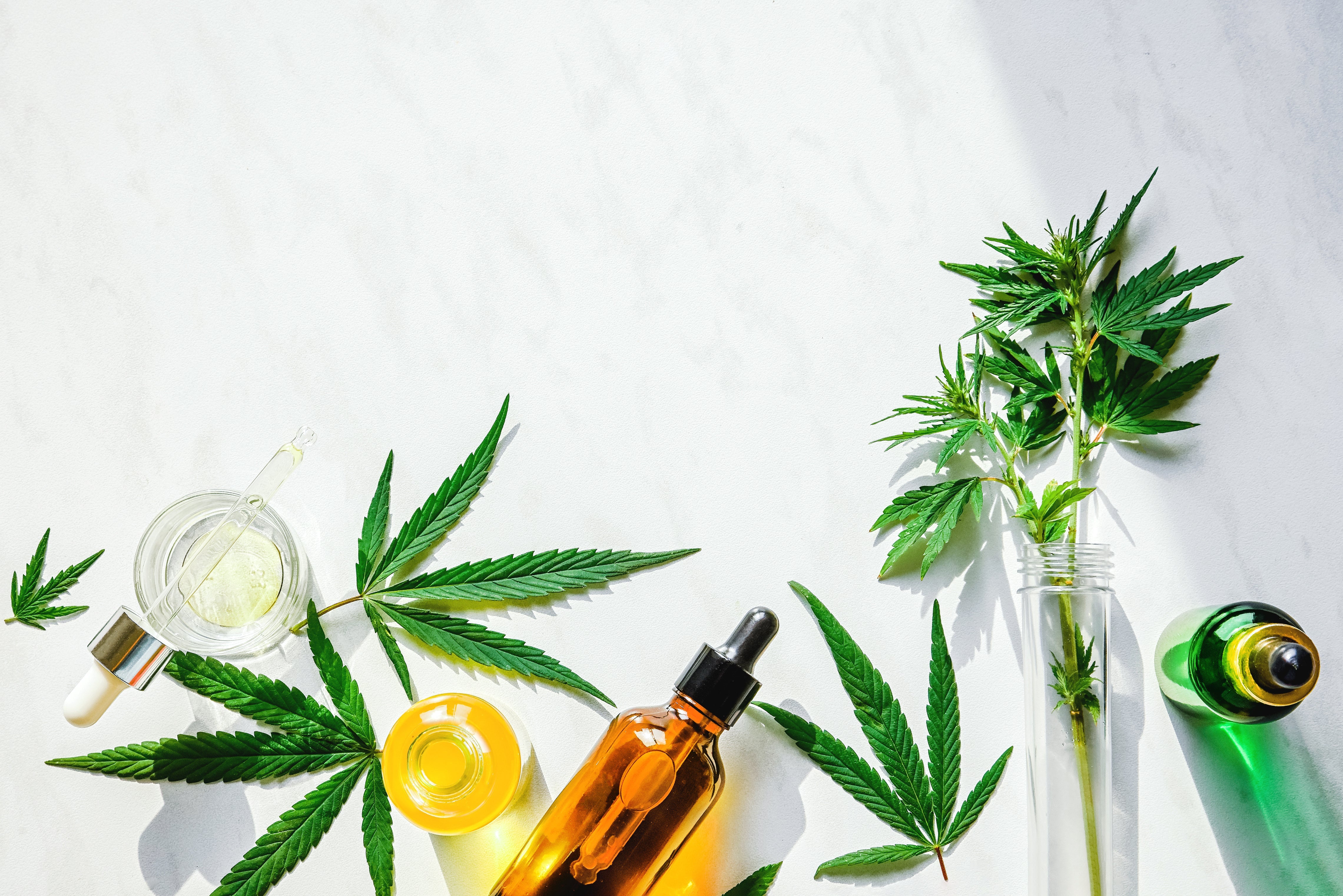
Consumers use CBD for a variety of reasons, but one of the most commonly discussed reasons is pain relief. Unfortunately, research has not been able to keep up with the high consumer interest in CBD products, and many potential uses for CBD have not been adequately studied.
The effect CBD has on gout-related pain is one of the many subjects not yet examined by scientists. However, research into CBD’s general pain relieving and anti-inflammatory properties suggests that it could help against gout-related pain.
How is gout typically treated?
Gout is a type of arthritis associated with a buildup of uric acid in the bloodstream, which can be caused by certain dietary habits or medications. This buildup of uric acid can lead to the formation of painful crystals and swelling in the joints.
Gout symptoms are traditionally treated with nonsteroidal anti-inflammatory drugs (NSAIDs), colchicines and corticosteroids. However, these treatments can each cause uncomfortable side effects. They also might not work for everyone who has gout.
Because of these and other factors, some people feel more comfortable trying more natural methods of symptom relief. This is where CBD could come into play.
How might CBD help alleviate gout symptoms?
CBD is a non-intoxicating compound that interacts with the endocannabinoid system in someone’s body. While scientists have not studied the effects of CBD on gout specifically, they have studied CBD’s effect on pain and inflammation.
A 2021 study conducted by researchers at Syracuse University determined that the pharmacological effects of CBD can help against pain in general. This particular study seemed to show that CBD does not reduce the intensity of pain but does make the pain less unpleasant to experience. This study also showed that this pain relief is not just a placebo effect.
A 2020 review of studies concluded that CBD has a direct anti-inflammatory effect. Another review, which was also conducted in 2020, specifically compiles available research on CBD’s ability to help treat joint diseases. It found that CBD has significant potential as a treatment for joint diseases thanks to its anti-inflammatory properties.
These results are encouraging because they suggest that CBD could help people with gout find some relief from their symptoms. However, more research is needed before CBD becomes a federally recognized treatment option.
How do consumers take CBD for gout?
Consumers who use CBD to help manage their gout symptoms can choose from a variety of products. CBD products are sold as topicals, tinctures, capsules and edibles.
Topical products, such as creams, massage oils and lotions, are applied to the skin. This can be a good way to target the specific area of the body where the flare-up is occurring.
Tinctures are administered with a dropper, often under the tongue. It can be very easy to adjust the dosage with a dropper.
Capsules are easy to take and can provide a reliable and consistent dosage. This can be a good option for those who want to avoid tasting the strong herbal flavor that some other CBD products can have.
Gummies are probably the most common edible product available on the market. Gummies come in a wide variety of flavors, which can make them more enjoyable to consume than some other products.
Tinctures, capsules and edibles are all consumed orally. Some consumers have found that a combination of oral and topical CBD products provide them the best relief from their gout symptoms.
The World Health Organization has determined that CBD is “generally well tolerated with a good safety profile.” However, there could be a risk of CBD interacting with other medications. To avoid problems, it can be safest to talk with a doctor before consuming CBD or making any changes to a medication routine.
Sources
[1] https://www.weednews.co/cbd-oil-for-gout/
[2] https://www.mayoclinic.org/diseases-conditions/gout/diagnosis-treatment/drc-20372903
[3] https://news.syr.edu/blog/2021/04/25/new-research-shows-pain-relieving-effects-of-cbd/
[4] https://www.ncbi.nlm.nih.gov/pmc/articles/PMC7023045/
[5] https://www.ncbi.nlm.nih.gov/pmc/articles/PMC7176325/
[6] https://www.healthline.com/health/gout/cbd-oil-for-gout#dosage
[7] https://www.who.int/medicines/access/controlled-substances/CannabidiolCriticalReview.pdf








































